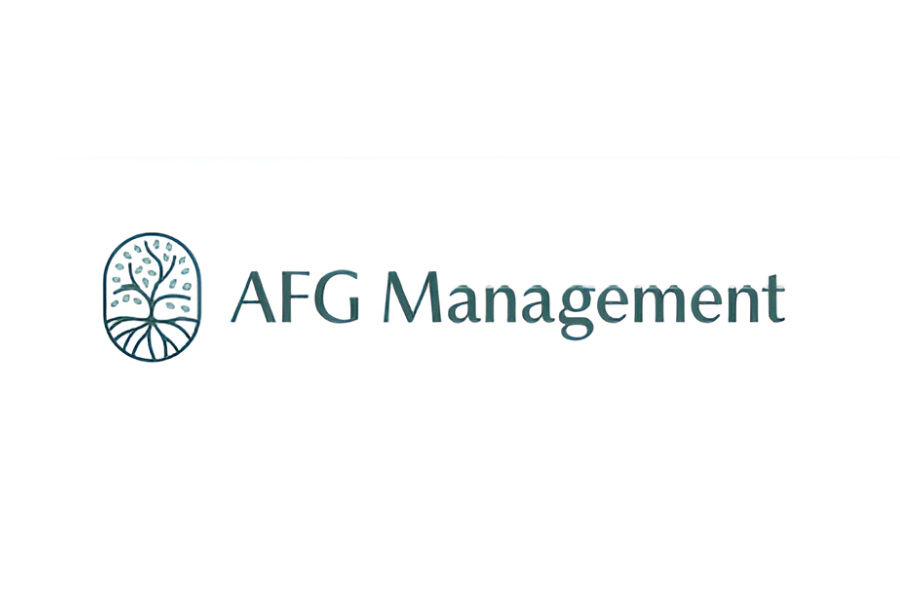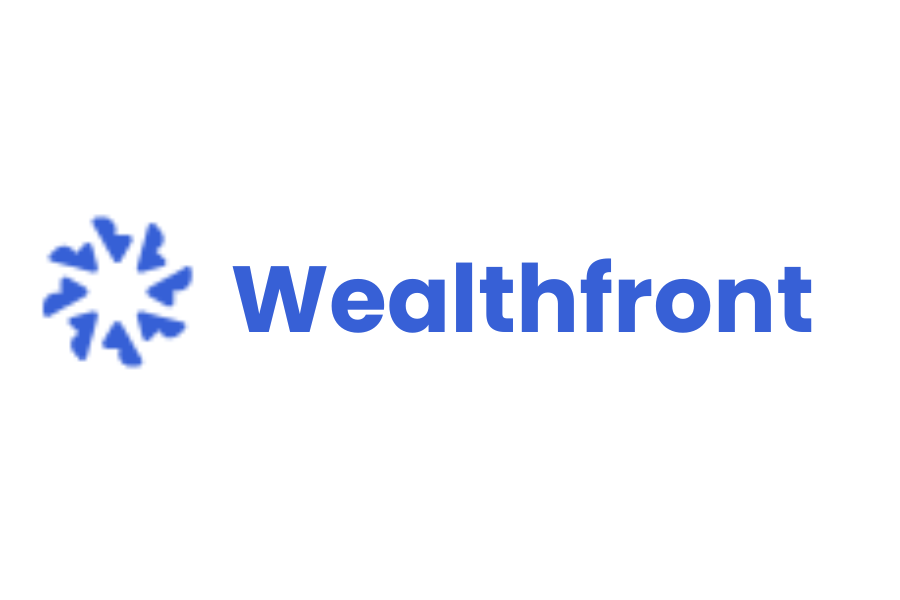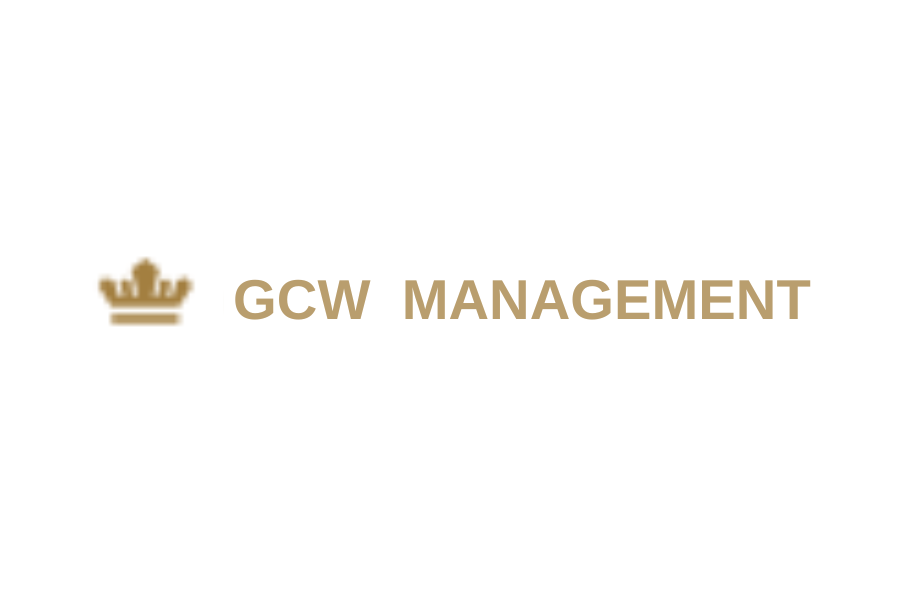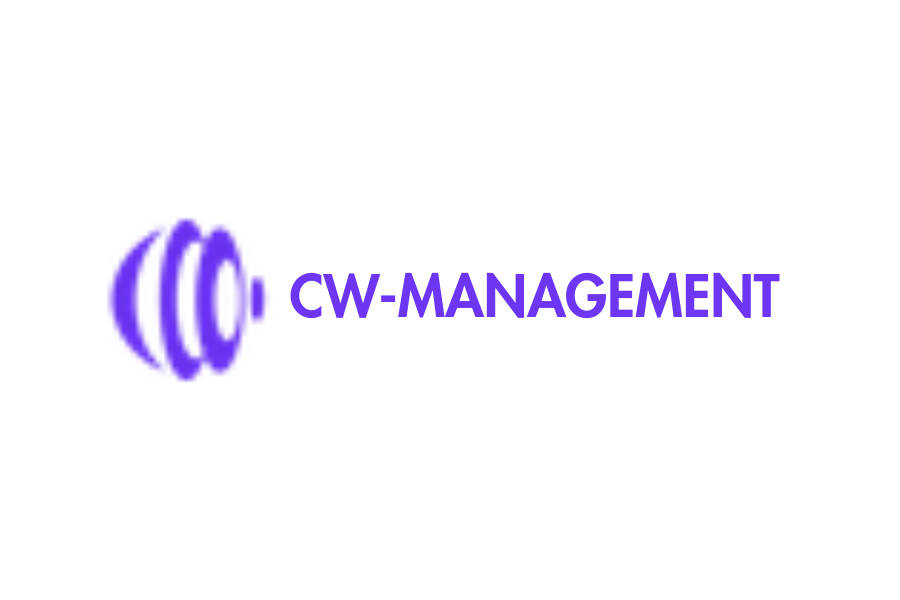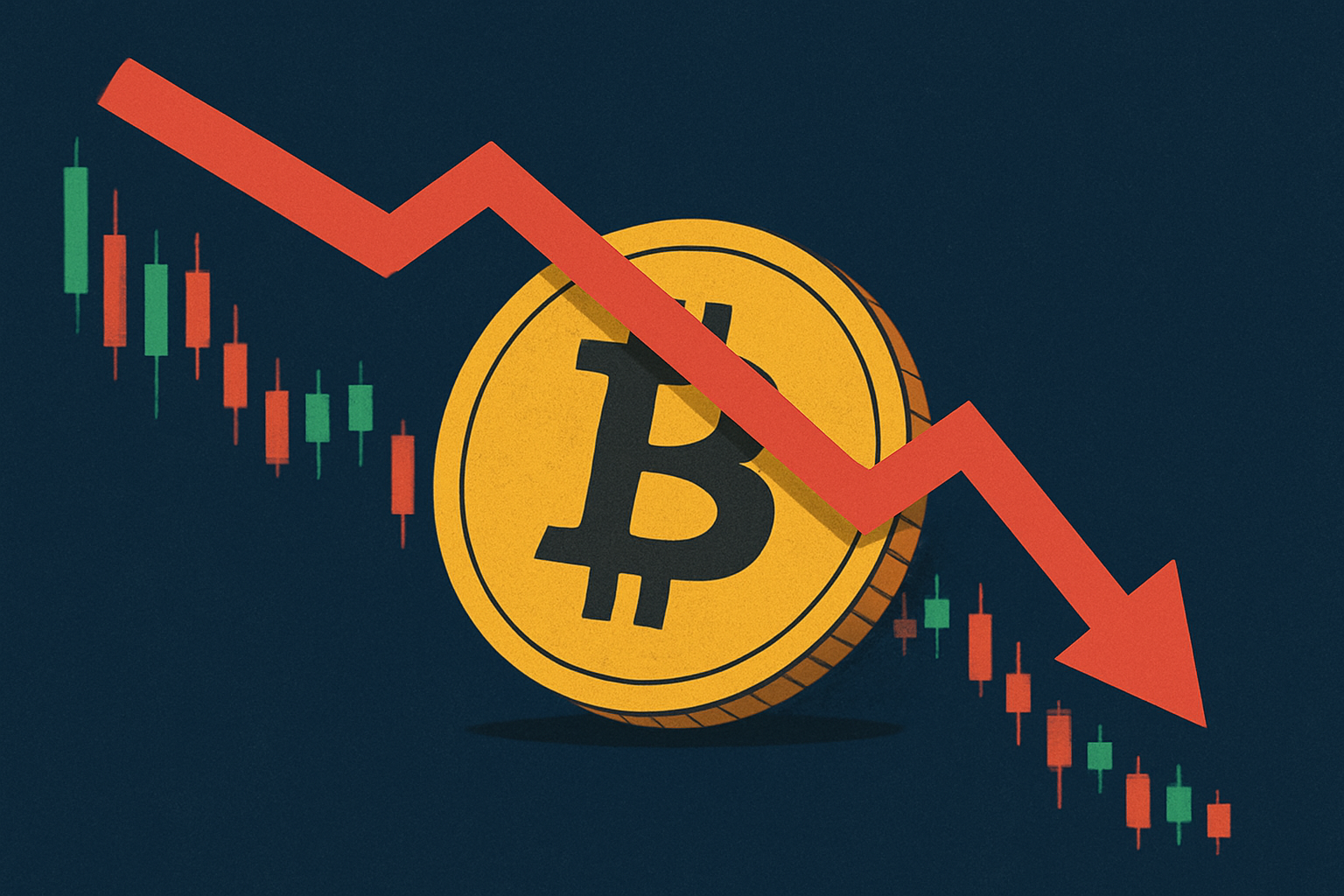Introduction
Blockchain technology, initially designed as the underlying architecture for cryptocurrencies, has evolved significantly over the past decade. While it remains synonymous with digital currencies like Bitcoin and Ethereum, its applications have expanded far beyond financial transactions. This article explores the innovative uses of blockchain in healthcare, supply chain management, and finance, highlighting its versatility and potential to revolutionize these industries.
Blockchain In Healthcare
Patient Data Management
One of the most promising applications of blockchain in healthcare is the secure management of patient data. Traditional healthcare systems often suffer from data silos, fragmented records, and privacy concerns. Blockchain can address these issues by providing a decentralized, immutable ledger for patient information. Each patient’s data can be stored on a blockchain, ensuring that it is accessible only to authorized parties and remains tamper-proof. This can enhance data security, improve patient outcomes, and streamline administrative processes.
Drug Traceability and Anti-Counterfeiting
The pharmaceutical industry faces significant challenges with counterfeit drugs. Blockchain can combat this by providing a transparent and traceable supply chain for pharmaceuticals. Each step of the drug production and distribution process can be recorded on the blockchain, ensuring the authenticity and integrity of medications. This can help in reducing the prevalence of counterfeit drugs and ensuring that patients receive genuine products.
Clinical Trials and Research
Blockchain can also enhance the efficiency and transparency of clinical trials. By recording trial data on a blockchain, researchers can ensure that the information is accurate, immutable, and accessible to all stakeholders. This can facilitate collaboration, reduce fraud, and accelerate the development of new treatments and therapies.
Blockchain In Supply Chain Management
Enhanced Transparency and Traceability
Supply chain management often involves multiple stakeholders, including manufacturers, suppliers, logistics providers, and retailers. Blockchain can provide a single source of truth for all parties, enhancing transparency and traceability. Every transaction and movement of goods can be recorded on the blockchain, creating an auditable trail from production to consumption. This can improve accountability, reduce fraud, and enhance consumer trust.
Improved Efficiency and Cost Savings
Traditional supply chains are plagued by inefficiencies, delays, and high costs. Blockchain can streamline processes by automating transactions and reducing the need for intermediaries. Smart contracts, self-executing contracts with the terms of the agreement directly written into code, can facilitate automatic payments and shipments when predefined conditions are met. This can reduce administrative overhead, accelerate processes, and result in significant cost savings.
Sustainability and Ethical Sourcing
Consumers are increasingly concerned about the environmental and ethical impact of their purchases. Blockchain can help in verifying the sustainability and ethical sourcing of products. For instance, companies can record the origin of raw materials and the conditions under which they were produced on the blockchain. This information can be made accessible to consumers, helping them make informed choices and promoting corporate responsibility.
Blockchain In Finance
Cross-Border Payments
Cross-border payments have traditionally been slow, costly, and complex due to the involvement of multiple intermediaries and regulatory requirements. Blockchain can revolutionize this process by enabling near-instantaneous, low-cost international transactions. Cryptocurrencies and stablecoins can be used to transfer value across borders without the need for traditional banking systems, reducing fees and increasing speed.
Decentralized Finance (DeFi)
DeFi represents a paradigm shift in the financial industry, offering decentralized financial services such as lending, borrowing, and trading without intermediaries. Built on blockchain platforms like Ethereum, DeFi applications use smart contracts to automate and secure financial transactions. This can democratize access to financial services, reduce costs, and increase transparency.
Digital Identity and KYC
Know Your Customer (KYC) processes are essential for financial institutions to verify the identity of their clients. However, these processes are often time-consuming and costly. Blockchain can simplify KYC by providing a secure and immutable digital identity verification system. Customers can maintain control over their identity data and share it with financial institutions as needed, reducing redundancy and enhancing security.
Conclusion
The versatility of blockchain technology extends far beyond its origins in cryptocurrencies. By providing secure, transparent, and efficient solutions, blockchain has the potential to transform various sectors, including healthcare, supply chain management, and finance. As the technology continues to evolve, we can expect to see even more innovative applications that will drive further adoption and integration into everyday life.





